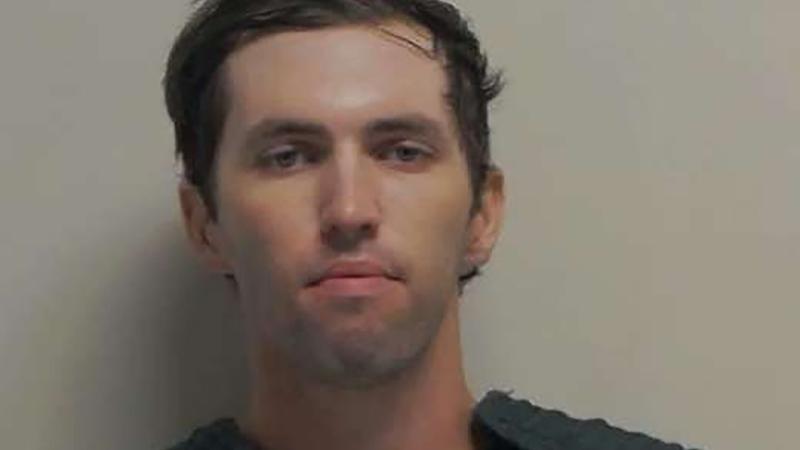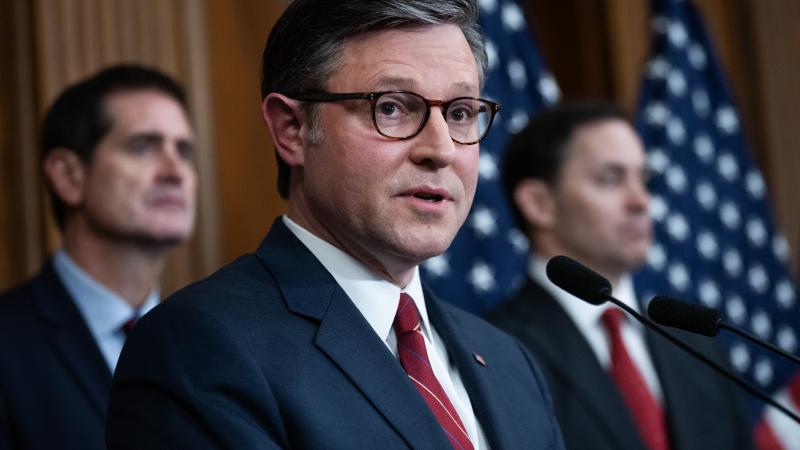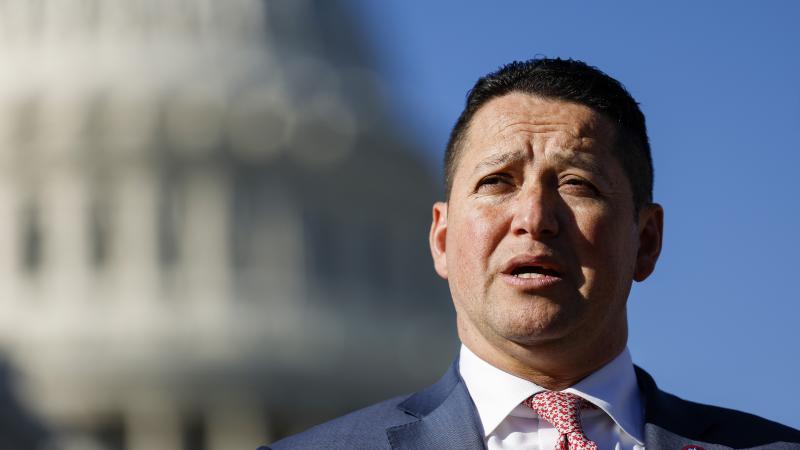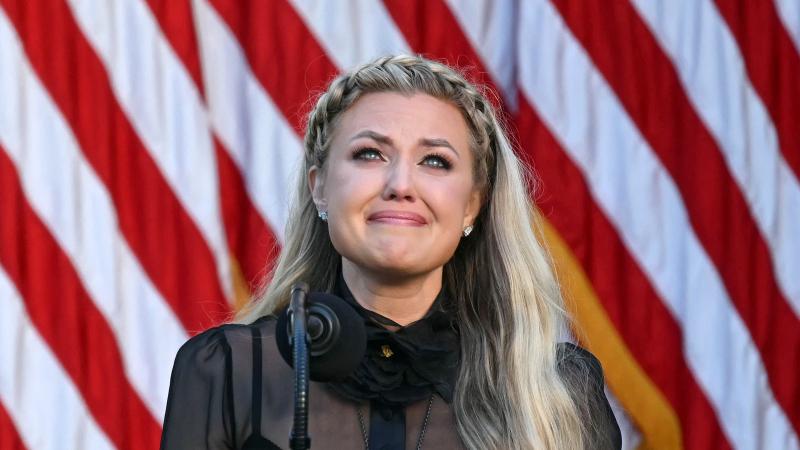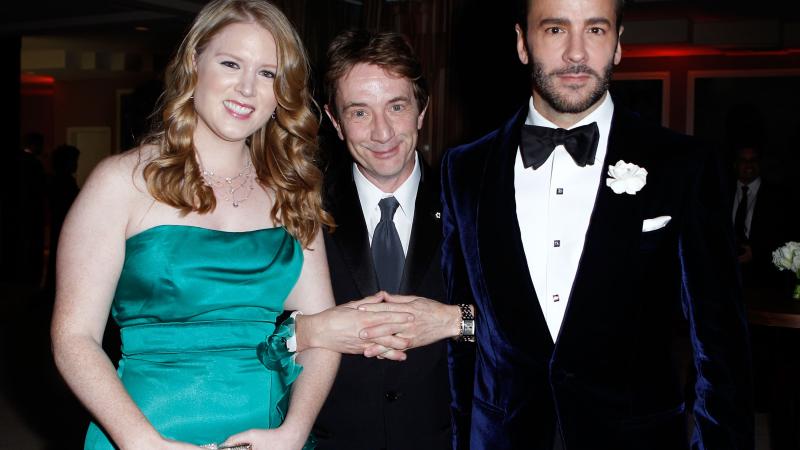Washington State Supreme Court unanimously rejects Inslee recall effort
High court rules charges made against Inslee were not factually nor legally sufficient to support a recall campaign
The Washington State Supreme Court put the kibosh on an effort to recall Democratic Gov. Jay Inslee over his handling of the COVID-19 pandemic.
In a unanimous decision, the justices of the state’s highest court upheld a Thurston County Superior Court decision that the charges made against Inslee were not factually nor legally sufficient to support a recall campaign.
“Governor Inslee has used his discretion to navigate this pandemic, making difficult decisions in an effort to balance the health and safety of Washingtonians with their individual liberties," Justice Debra Stephens wrote for the court in the Thursday ruling. “While reasonable minds may disagree with the governor’s discretionary decisions, such disagreement is insufficient to support a recall.”
Washingtonians to Recall Inslee, the citizen group behind the effort to remove Inslee from office, claimed the governor’s pandemic-related orders limiting activities and gatherings – meant to stop the spread of the virus – interfered with their rights.
The group’s petition argued Inslee’s decisions to bar gatherings, evictions, and in-person public meetings violated the U.S. Constitution.
In its ruling, the court noted there are alternatives to in-person government meetings and protests during declared emergencies.
“There are meaningful ways for like-minded citizens to coordinate, have conversations, and organize on issues they are passionate about,” the court wrote. “Virtual meetings, phone calls, and shared electronic documents are only a few alternatives available to meeting in person. These communication avenues have been held to be acceptable alternatives to public group protests when restrictions on public gatherings are in place to contain the spread of COVID-19.”
Thursday’s decision is in sharp contrast to the court’s April 2021 decision allowing a recall campaign against Seattle City Councilmember Kshama Sawant to move forward. Supporters of that recall effort were then able to get enough signatures to get it on the ballot. Sawant ultimately avoided being ousted from office by a mere 310 votes.
University of Washington law professor Hugh Spitzer explained the difference between the two cases.
“Recalls are hard to carry out in Washington,” he told The Center Square in an email. “The recall petition sponsors have to lay out fairly specific reasons that the targeted elected official has engaged in unlawful conduct. For Sawant, there were several things, including letting unauthorized people into City Hall, and intentionally releasing protected information.”
In Sawant’s case, the court ruled the recall could proceed on three fronts: improper use of city resources to support the “Tax Amazon” ballot initiative; leading protesters to then-Mayor Jenny Durkhan’s home, knowing her address was protected because of her time as a U.S. Attorney; and letting protesters into City Hall after hours while the building was closed due to the pandemic.
A fourth allegation – that self-proclaimed socialist Sawant relinquished her power as a city council member to an outside political agency – was dismissed.
“In yesterday’s decision the Washington Supreme Court held that the recall petition was both legally and factually deficient,” Spitzer said. “The petition contained very broad, unspecific allegations of misconduct, such as violating separation of powers, and infringing on free speech and assembly (without any detail). The Court said that those were not specific enough, and in any event the Governor was simply exercising his discretion and making tough choices during a dangerous epidemic.”
He concluded, “The Court’s opinion said that reasonable minds can disagree about the decisions he made and the orders he issued, but that political disagreements can’t be the basis of a petition that must lay out specific facts which, if true, would constitute unlawful behavior.”

